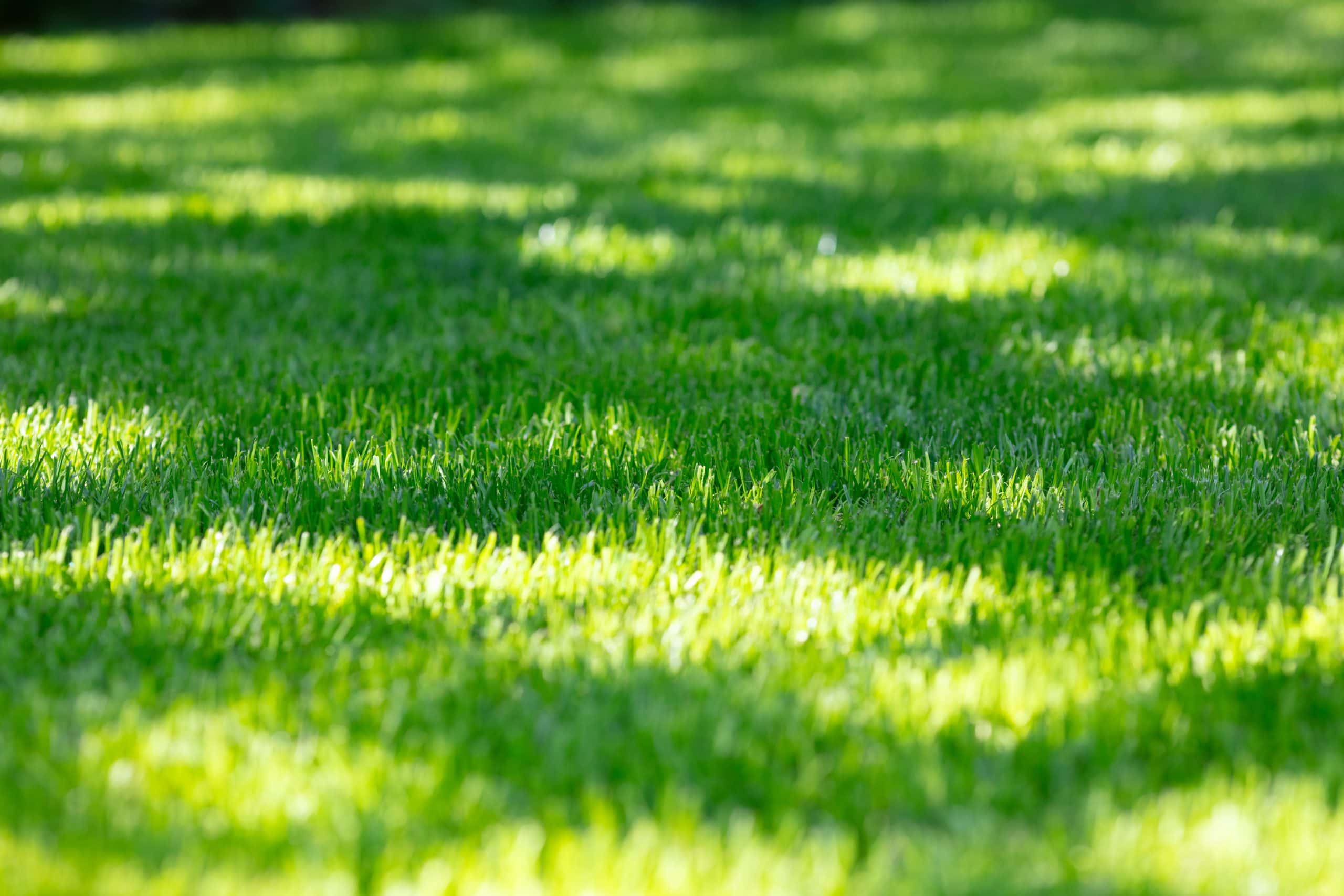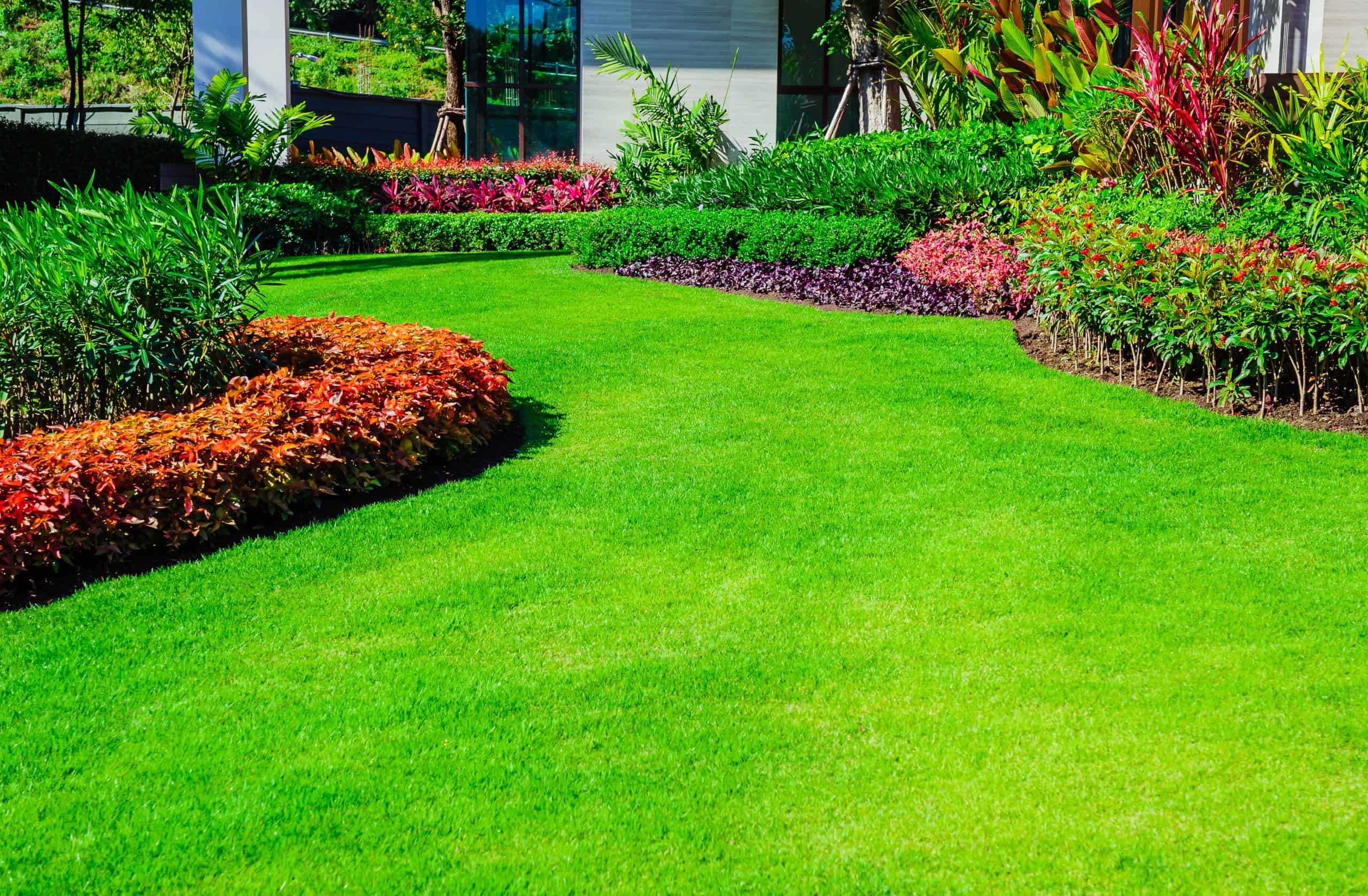Professional lawn care that works with Long Island’s tricky soil and weather, not against it.

Hear from Our Customers

You know that lawn down the street that always looks perfect? The one that makes you wonder what they’re doing differently? That’s what happens when someone who actually understands Long Island grass takes care of your property.
Your lawn gets the right treatment at the right time. No more guessing when to fertilize or wondering why half your yard looks amazing while the other half struggles. We handle the timing, the products, and the technique.
You get your weekends back. No more Saturday mornings spent pushing a mower around or trying to figure out why your grass isn’t responding to whatever you picked up at the store. Your lawn gets professional attention while you do something you actually want to do.
Rolling Hills Property Services Inc. has been working with West Islip lawns long enough to know what works here and what doesn’t. We understand how the salt air affects your grass in winter and why your neighbor’s fertilizer schedule probably won’t work for your yard.
Every property is different, even on the same street. Soil conditions, drainage, and sun exposure—it all matters when you’re trying to grow healthy grass on Long Island. We’ve seen what happens when you treat every lawn the same way, and it’s not pretty.
We’re not the biggest lawn service in Suffolk County, but we know West Islip. We know which grass types thrive here and which ones struggle. That knowledge makes the difference between a lawn that looks okay and one that actually impresses people.

We start by looking at what you’re working with. Not every lawn needs the same approach, and we’re not going to pretend yours does. We check your soil, look at drainage, note problem areas, and figure out what your grass actually needs.
Then we set up a schedule that makes sense for your property. Regular mowing keeps things looking clean, but the real work happens with fertilization, aeration, and treatments timed for Long Island’s growing season. Spring preparation, summer maintenance, and fall recovery—each season has its job.
You don’t have to think about any of it. We show up when we’re supposed to, do the work properly, and let you know if we spot anything that needs attention. No surprises, no excuses about weather or equipment problems. Just consistent care that keeps your lawn healthy year-round.

Ready to get started?
Regular mowing with professional equipment that cuts cleanly and doesn’t stress your grass. We’re not using the same mower for every property—blade height and cutting frequency get adjusted based on grass type and growing conditions.
Fertilization programs designed for Long Island soil and climate. Spring feeding to wake up your lawn, summer treatments to handle heat stress, and fall preparation to strengthen roots before winter. No generic, one-size-fits-all approach that works everywhere and nowhere.
Aeration services when your lawn needs them, not just because it’s on a calendar. Compacted soil kills grass slowly, and most homeowners don’t realize it’s happening until brown patches start showing up. We catch these problems early and fix them properly.

Local Resources